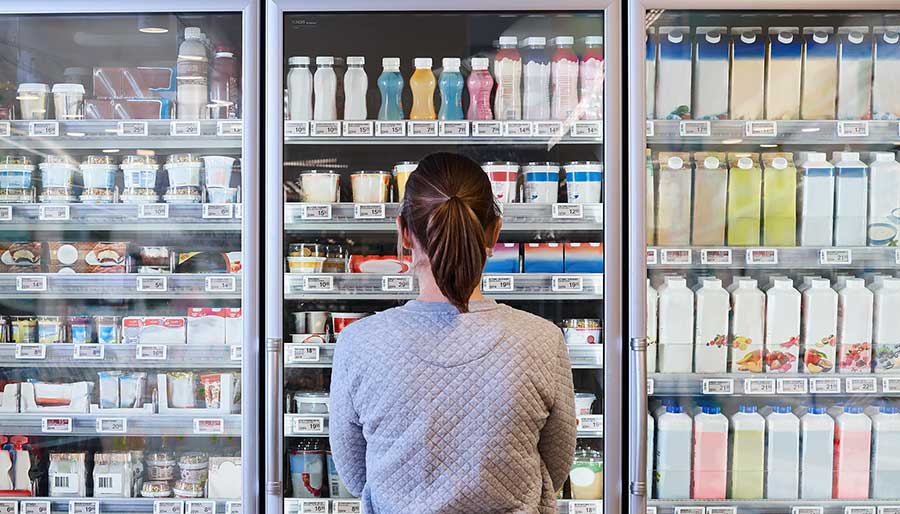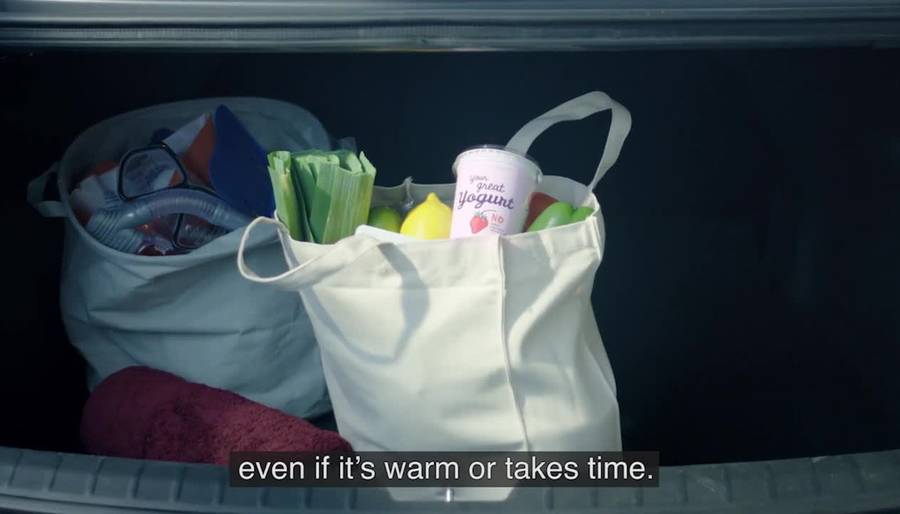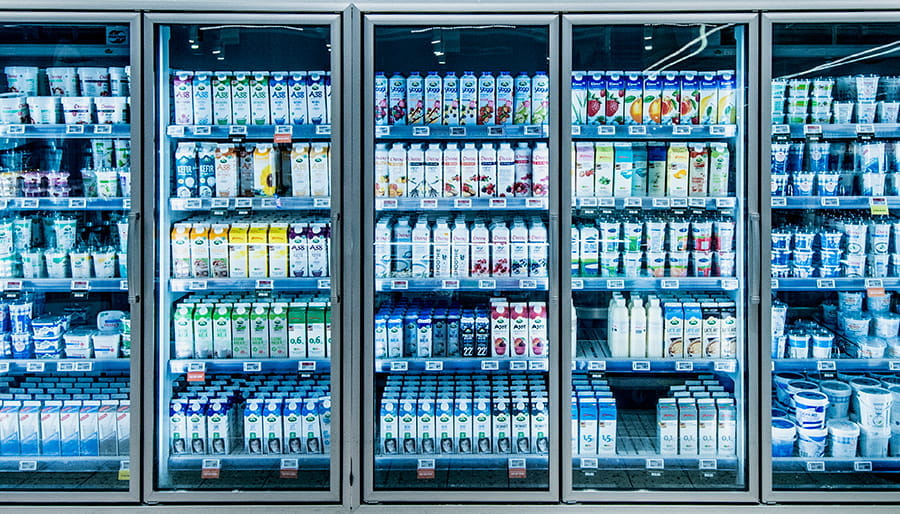Consumers worry about the effect of their food consumption on the environment
In a world of growing populations, warming temperatures and limited resources, the global community is increasingly committed to innovating toward modes of consumption that are sustainable in the long term. 60% of consumers around the world are concerned about the effects of climate change, suggesting that the market is becoming less tolerant of a ‘status-quo’ approach to production and consumption. Consumers are increasingly aware of the role their consumption plays in contributing to environmental challenges, making them more willing than ever to modify behaviors in order to reduce their impact.
Younger generations seek more sustainable food options
Purchasing foods from producers who share commitments to sustainability is becoming more appealing across all segments, but this is especially the case among younger consumers – both within the Millennial cohort and among those in Generation Z. The purchasing power of these groups grows every year, and, in the case of Millennials, a growing proportion are moving into the role of leading their households and feeding their families, expanding their influence on consumption patterns. These younger consumers are more likely to believe their purchases should support sustainability goals, and they are more willing to pay a premium for products comprised of ingredients that are sustainable, environmentally friendly or organic.1
A growing market for ‘environmentally friendly’ foods
Food manufacturers around the world have responded to these shifting demands by developing and launching a growing number of products that claim to be ‘environmentally friendly.’ This segment comprised 5% of the market in 2014 and grew to 8% by 2019.2 Brands that align themselves with initiatives related to sustainability are more popular in general: recent survey data underscores that food companies that demonstrate a commitment to sustainability consistently outperform those that do not.3
Fighting food waste for more resilient consumption
Tackling food waste is a key interest among consumers who value sustainable consumption. Shopping more responsibly, using ingredients more efficiently and choosing products that stay fresh for longer are all ways in which consumers can play a role in reducing food waste. The European market is particularly committed to this endeavor, and survey data shows that 73% of European consumers try to minimize household food waste.4 In countries like Denmark, consumers who are committed to reducing their footprint are no less committed to enjoying the foods they love: Danish consumers were found to be six times more willing to reduce food waste than to curtail their dairy consumption.5
At Chr. Hansen, we believe that consumers should not have to choose between eating well and living well. We apply our expertise in the art of fermentation to support dairy products to extend their shelf life. These food cultures with bioprotective effect enable producers to offer their customers dairy products that stay naturally fresh for longer, helping to strengthen the food system and reduce waste throughout the value chain. As the demand for more sustainable consumption continues to grow, we are proud to meet it by offering solutions that satisfy today’s appetite while investing in a more resilient food system for tomorrow.
Interested in learning more about the trends surrounding sustainable food consumption? Then sign up to receive updates from Chr. Hansen’s download library with consumer insights reports.
1 https://www.bizjournals.com/bizwomen/news/latest-news/2018/12/millennials-drive-big-growth-in-sustainable.html?page=all
2 Mintel GNDP database, Global 2020 (pct. of yearly total global food launches claiming ‘environmentally friendly product’)
3https://www.foodnavigator.com/Article/2019/05/29/Europe-s-food-sector-shows-highest-growth-of-sustainable-product-sales
4 GlobalData Trendsight overview: Sustainability & Ethics 2018
5 Landbrug & Fødevarer: Danskernes syn på klima









